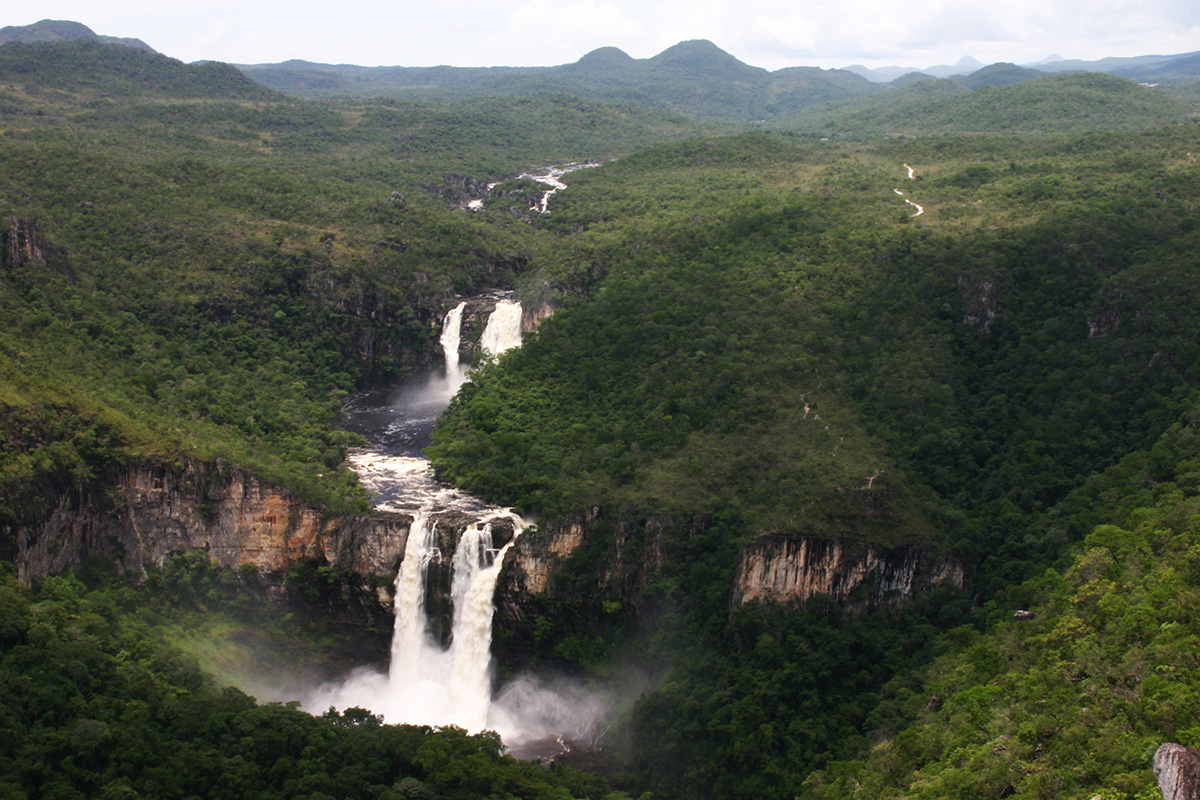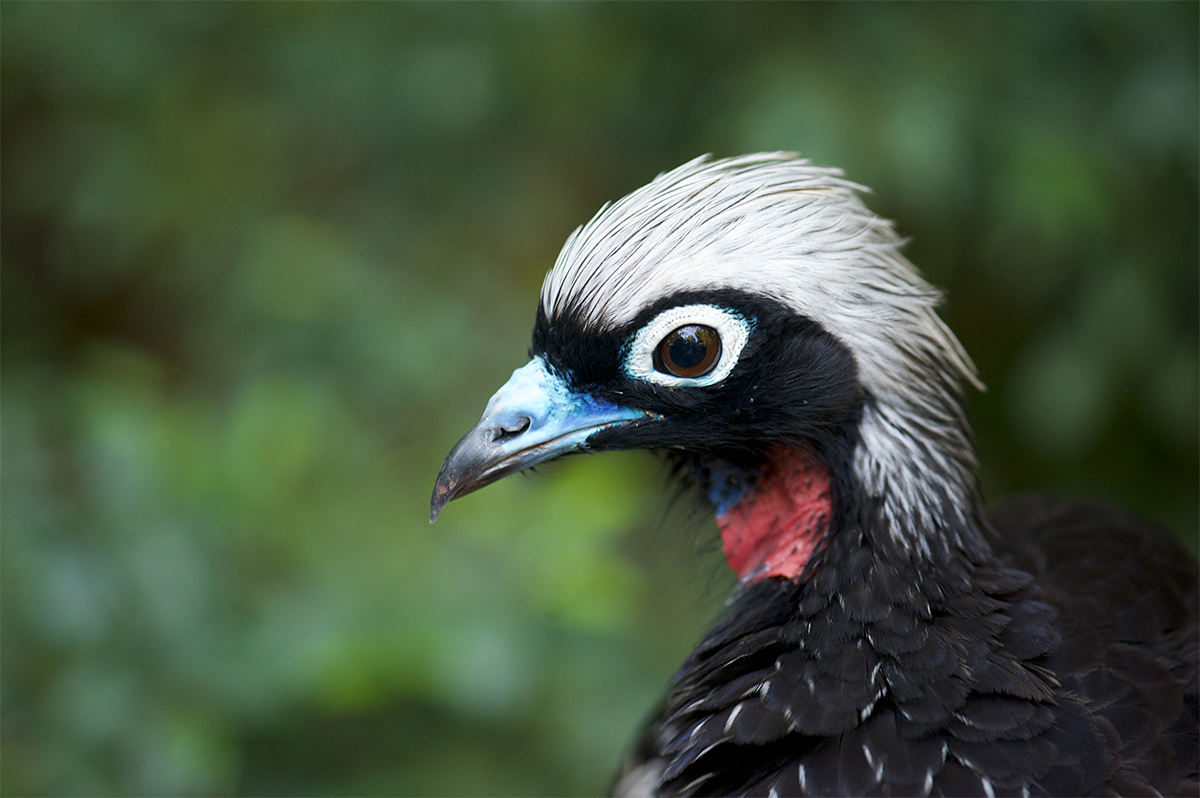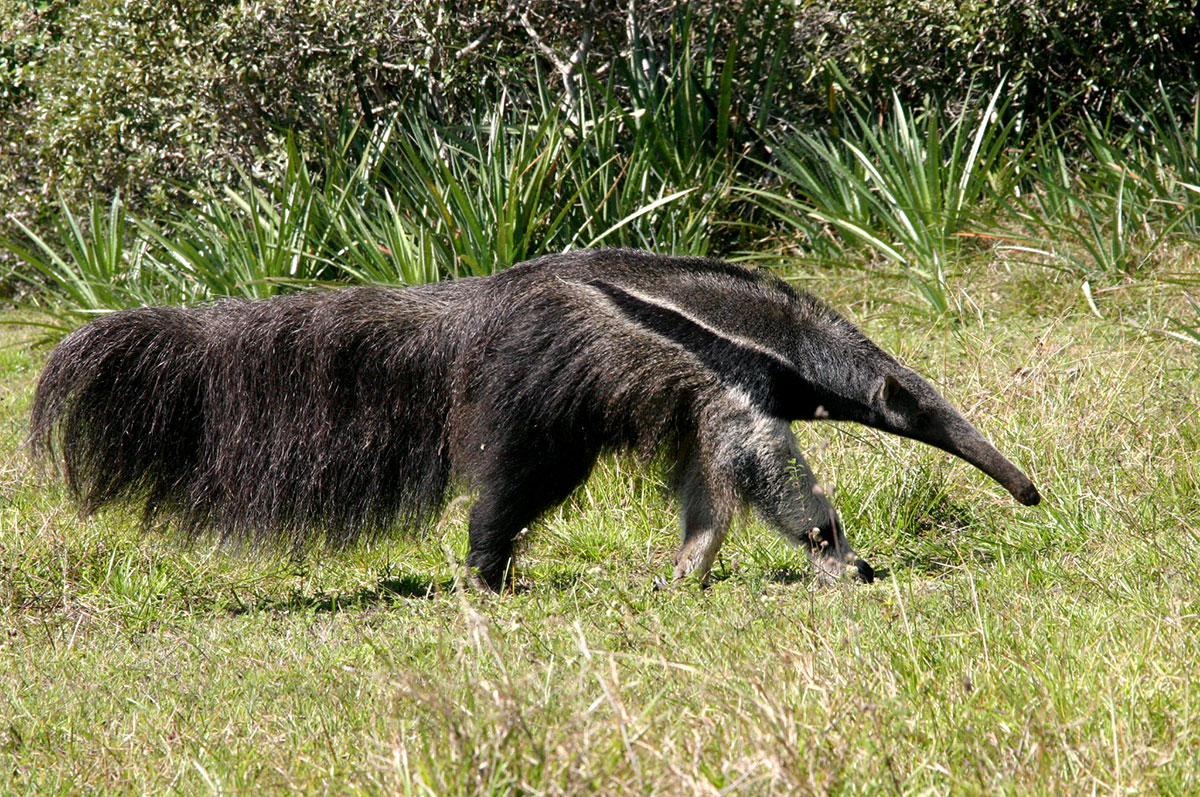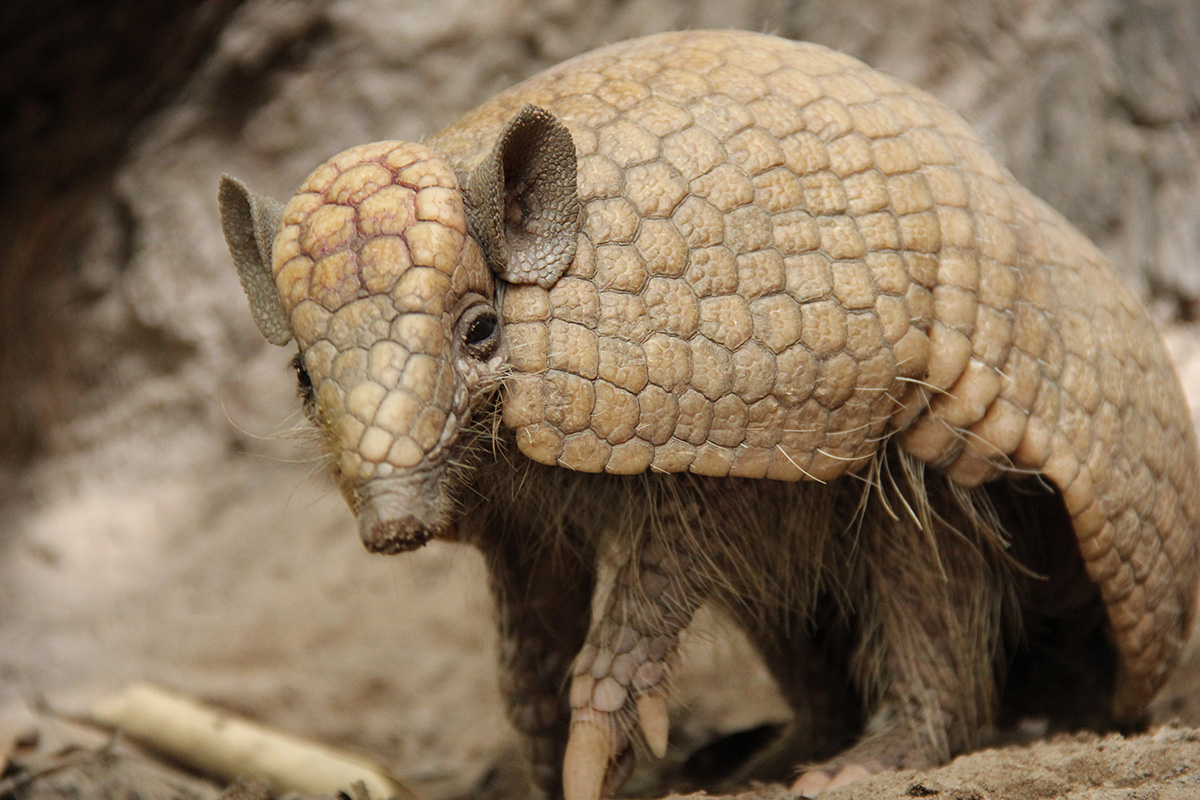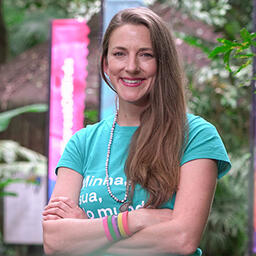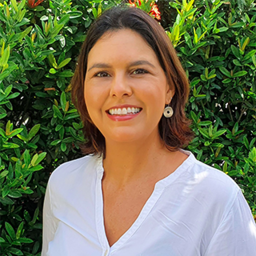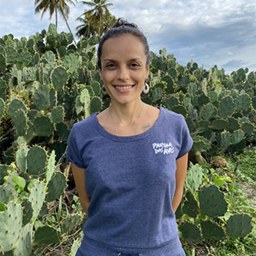CSS Brazil - Parque das Aves
The Center for Species Survival Brazil, established in 2019 in Foz do Iguaçu, is a three-way partnership among the SSC Chair’s Office, the SSC Conservation Planning Specialist Group (CPSG) and Parque das Aves, the host institution. The center serves as a national hub to capitalize on the experience and tools of the IUCN network to help governments, NGOs and communities achieve their conservation goals. This initiative builds capacity and dialogue with other national efforts, including public policies coordinated by the Chico Mendes Institute for Biodiversity Conservation and Rio de Janeiro Botanical Garden Research Institute such as national Red List assessments and action plans.
CSS Brazil's conservation priorities are endemism and extinction vulnerability. Their main roles are to support National Red Lists and conservation planning, as well as the development of processes to connect national structures efficiently with global tools and tracking to maximize support and opportunities in compliance with national and international goals.
CSS Brazil, through the Center for Conservation of Atlantic Rainforest Birds | Instituto Claravis and their host institution, Parque das Aves took up as a flagship project the Birds of the Atlantic Rainforest. This is currently the largest continental avian extinction crisis on the planet, with many species with 100 or fewer individuals remaining in total distribution. As a result of the last three years’ work, CPSG workshop results are officially incorporated into the Brazilian government's National Action Plans to save species, clearing the way for effective action involving everyone working on the ground to save a species, create protected areas, or to require strategic federal, state or local government cooperation in combating animal trafficking or creating new legislation, for example.
Supporting the Species Conservation
Brazilian endemic species
Brazil hosts the greatest biodiversity with the second-highest number of endemic species in the world, this comes with great conservation responsibility. CSS Brazil is working to ensure that Brazilian endemic species are included in the IUCN Red List while improving the national assessment process and helping with data exchange to align categories between the national and the global Red List. This integration will also strengthen Brazilian participation in international conservation policies and opportunities. Besides, the Center seeks to ensure that the best information available on Brazilian species is used for the assessment of the species' extinction risk. Additionally, CSS Brazil considers requests for conservation planning involving endemic species as priorities.
We organize and facilitate conservation planning workshops, bringing together zoos, government authorities, conservation organizations, researchers, local communities, and others to devise action plans for some of the world's most threatened species.
Most of our demands are identified within the National Action Plans coordinated by ICMBio, the Brazilian government agency for biodiversity conservation, and our workshop results feed back into those Plans. Additionally, we receive requests from abroad, mainly from South America. In these cases, we co-organize and facilitate the workshops or carry out more specific tasks, such as helping to design the agenda.

The project "An integrative approach to advance the conservation of the biodiversity of endangered species in the Brazilian Cerrado" aimed to build capacity to apply the tools of the IUCN in Brazil and to improve integration with international strategies, while advancing the management of the country’s natural resources, with emphasis on the Cerrado biome. To this end, we focused on five specific objectives:(i) the elaboration of the second cycle of the National Action Plan for the Conservation of the Faveiro-de-Wilson (Dimorphandra wilsonii Rizzini), (ii) the application of the IUCN Green Status of Species to assess the recovery potential and conservation status of Uebelmannia buiningii and 9 other endemic and threatened cacti, (iii) the enhancement of Fauna Species Extinction Risk Assessment System (SALVE) to allow its integration with IUCN Species Information System (SIS), allowing Brazilian national assessments to be incorporated into IUCN Red List global assessments, (iv) the translation of the “Guidelines for using the IUCN Red List Categories and Criteria” and the “IUCN Red List Online Course” into Portuguese and, (v) the communication of project actions, results, and impacts.

Meet our team

Fabiana Lopes Rocha
Species Survival Head Officer. Fabiana is a wildlife veterinarian and ecologist, who has a MS degree in Ecology and Conservation and PhD in Science. She works on bringing global standards and ...
Eugenia Cordero Schmidt
Species Survival Officer. Eugenia is a Costa Rican biologist and has a master’s degree and a PhD in Ecology. She has been involved with ecology and conservation projects in Central America and ...
Rosana Subirá
Species Survival Officer. Rosana is a biologist and has a master's degree in Ecology. She has experience in public management, and coordinating the processes of the National Red List. As a Species ...
